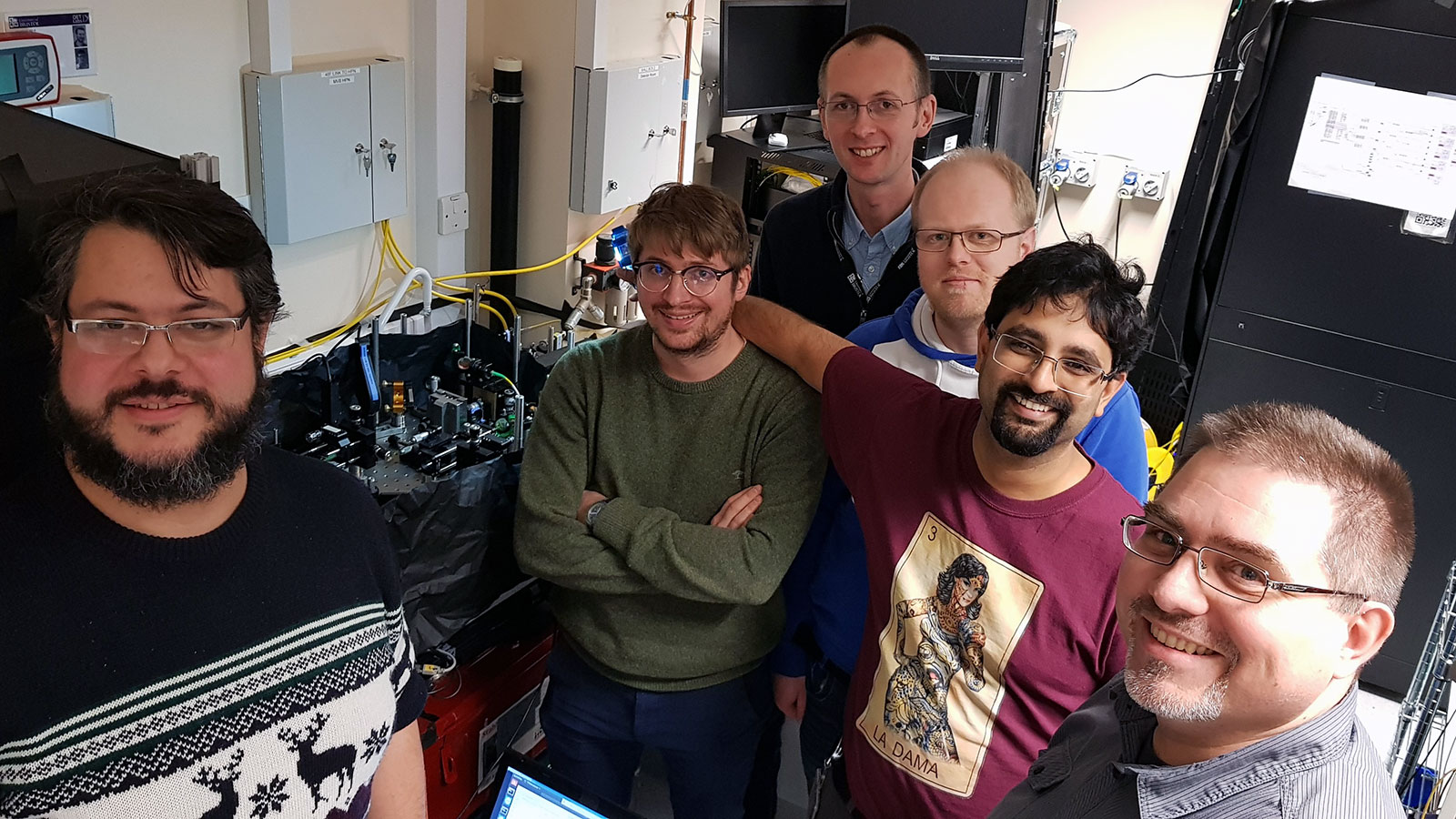September 3, 2020 – Scientists from the Ruđer Bošković Institute in Zagreb were integral to an international effort to realise the world's first fully functioning quantum communication network. 100% spy-free, it's the communication system of the future
Despite what some apps tell you, no online communication is completely secure. However, we have moved one step closer to that becoming a reality thanks, in part, to quantum physicists from the Ruđer Bošković Institute (RBI) in Zagreb.
Working in collaboration with scientists from the University of Bristol (UK) and the Institute of the Austrian Academy of Sciences, the international team have built the world's first fully functioning quantum communication network.
Quantum communication is a well-known field of applied quantum physics. For years, one of its most interesting applications has been regarded as its ability to protect information channels against eavesdropping. It does this by using quantum cryptography.
The security of quantum transmissions are ensured by the no-cloning theorem. This makes reproduction, or cloning, of a quantum system impossible without instant detection. If someone attempts to read the encoded data, the quantum state will be changed via the no-cloning theorem. Quantum communication is also much faster than traditional methods of communication because entangled photons can transmit information instantaneously.
The computer and communications systems of the future have been on the radar for a long time. Industry giants like Google and IBM are already investing millions in quantum computer hardware research in anticipation of our sure-fire futures.
The team of scientists from the Ruđer Bošković Institute involved in the breakthrough © Ruđer Bošković Institute
The difficulty of introducing quantum communications has been the construction of a large and easily expandable quantum-protected network. It's proven incredibly complicated to build a template for a potentially limitless number of users while also maintaining connection stability. But, that's exactly what the international team containing scientists from the Ruđer Bošković Institute have done.
The scientists from the Ruđer Bošković Institute designed and made the optical receivers for the network. This is the part of the system that will be employed by the end-user. The team of Croatian scientists from the Ruđer Bošković Institute involved in the breakthrough includes Dr Martin Lončarić, Dr Mario Stipčević and Željko Samec. The team published their world first in the prestigious scientific journal Science Advances.
Founded in 1950, the Ruđer Bošković Institute is the largest Croatian research institute working in the fields of natural sciences and technology. It operates in many different areas of scientific research, has been responsible for countless scientific discoveries and employs over 500 academics and students. It has an annual budget of over 20 million Euros and receives the majority of its funding from the Croatian state.


